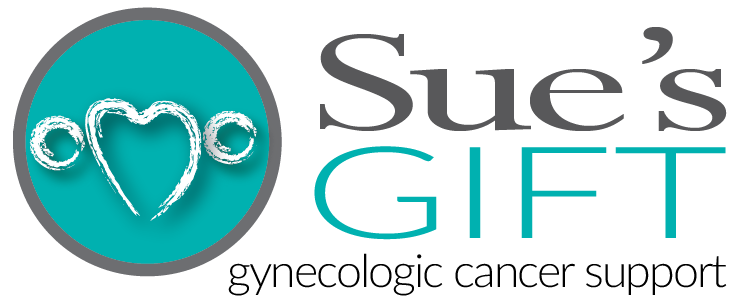Recalculating
“The art of life lies in a constant readjustment to our surroundings.”
I remember being excited about getting our first car GPS. I was amused and frustrated when, upon taking a different route than the one outlined in the system, the voice would say, “Recalculating! Recalculating!” Amused that it responded that way, frustrated when it continued to repeat the phrase.
There are many different routes to take in one’s life – some are chosen, and some are not of one’s choosing. We might be amused at the curves we didn’t expect, frustrated with the detour, or angry at the roadblock that wasn’t in the planned route. Life, like any trip, requires constant adjustment.
In talking with one of my daughters before she left home, I remember many occasions when we discussed upcoming plans – things she was sure would happen in a specific way. I responded, “And if that doesn’t happen, what is Plan B?” because life doesn’t always happen how we envision or want it to be. I believe in having a fallback plan when possible and making adjustments when necessary.
I watch the extremely tall, stately evergreens outside my home office window – how they sway in the 30-40 mph winds. They are not rigid – but flexible, allowing the wind to pass through, so they remain rooted, not upended. They wouldn’t survive if they remained rigid.
Rigidity and stubbornness can go hand in hand and become a lifestyle and a habit. I’ve always been a stubborn person, even as a little kid. Still, I’ve learned that flexibility is needed because change happens: plans get canceled, jobs change, relationships change, diagnoses are made – and everything changes.
Even though we may never get used to or like it, we intellectually know some change is inevitable. Emotionally adjusting to any of the abovementioned changes is hard, and managing change that is not of one’s choosing is especially hard.
I didn’t expect to get Covid due to taking precautions and getting vaccinated and boosted, but I did. People don’t expect to get cancer, especially if they “did everything right” (healthy lifestyle / low-stress level, etc.), but it happens. People don’t expect relationships to change, but they do. When change happens, there’s a path through it.
Say it out loud. Acknowledge what’s happened. Say it to a friend, family member, or counselor. Sometimes it’s enough for someone to simply hear you. Get the perspective of another with a similar circumstance. How did they manage? Did they make different adjustments? If saying it aloud is too hard, tell it to your computer or journal. It can be therapeutic to get it out – whether verbally or written.
Plan the necessary adjustments. Know what adjustments must be made and take control of what will be different. Not everything can be controlled. Control what you can.
Identify one positive. Many negatives come with unwanted change, but there is always a positive, which can be hard to find. It could be, “I’ve learned who I can count on,” or “I’ve discovered what’s really important.”
We don’t choose the unpleasant changes that happen, but we can choose responses and make adjustments that help us navigate the road ahead. Whenever I experience another of life’s curves, detours, and roadblocks, I still hear that voice in my head, “Recalculating! Recalculating!”
Leave feedback for the author here. (Comments are not posted online.)

